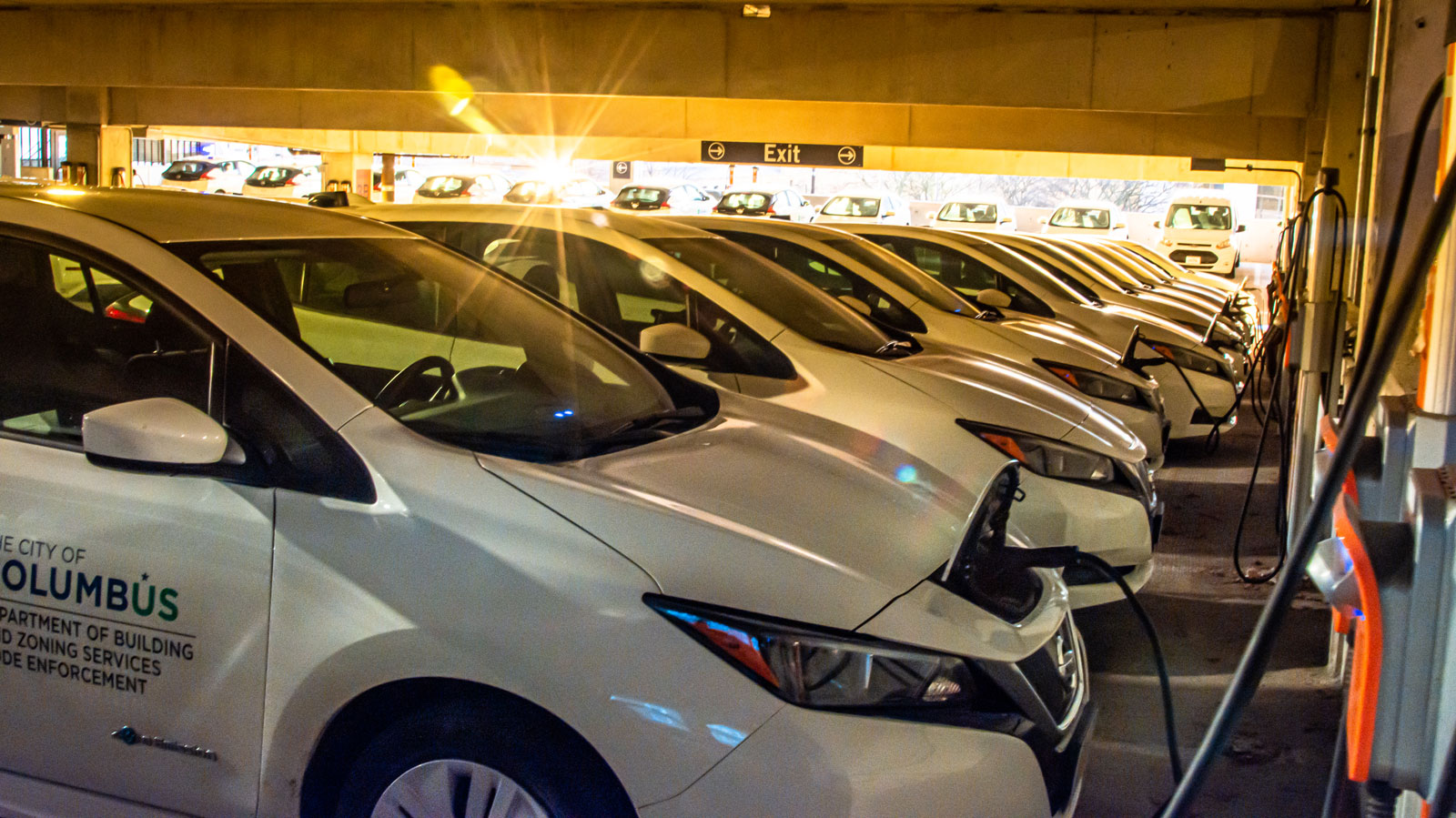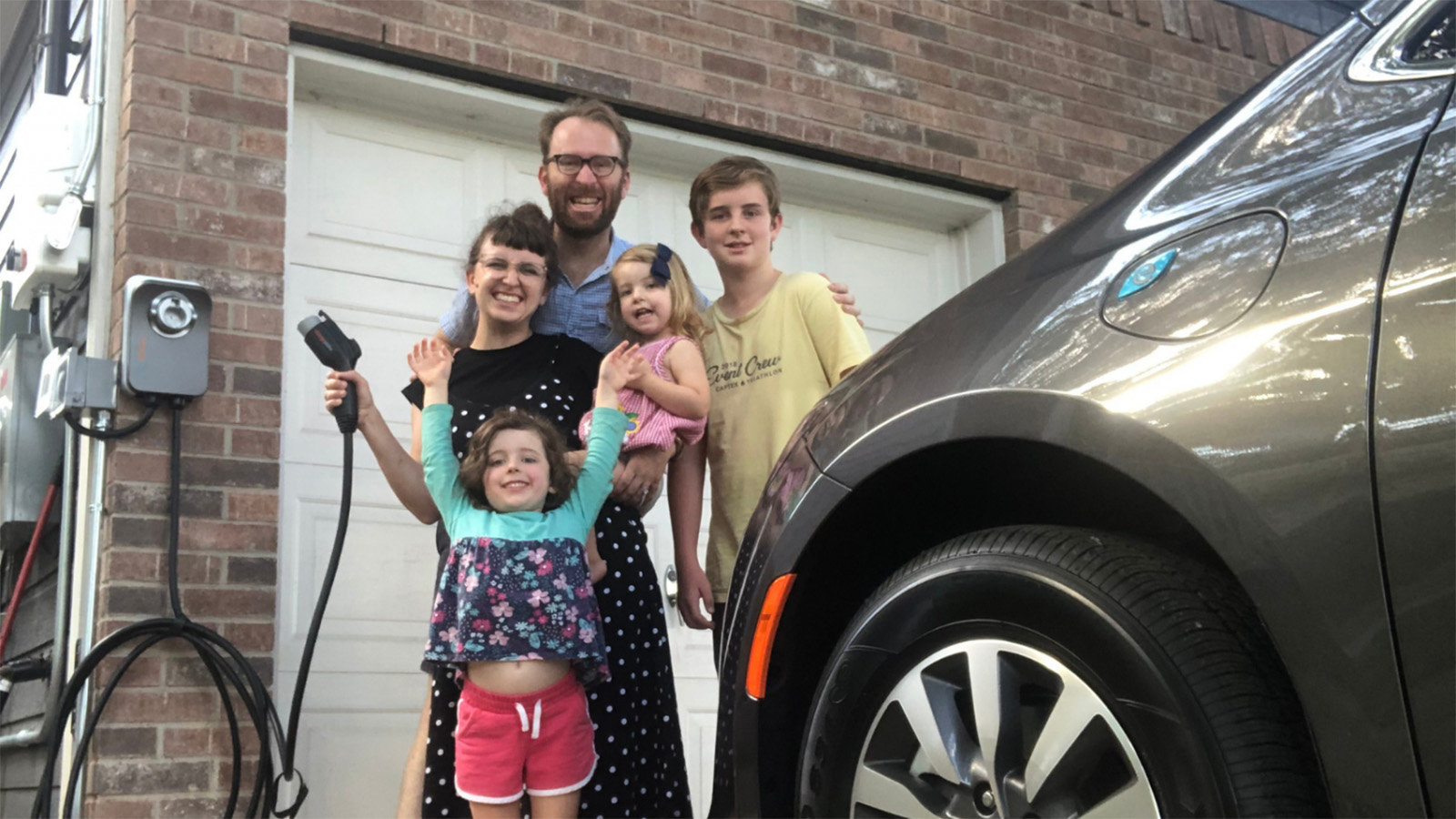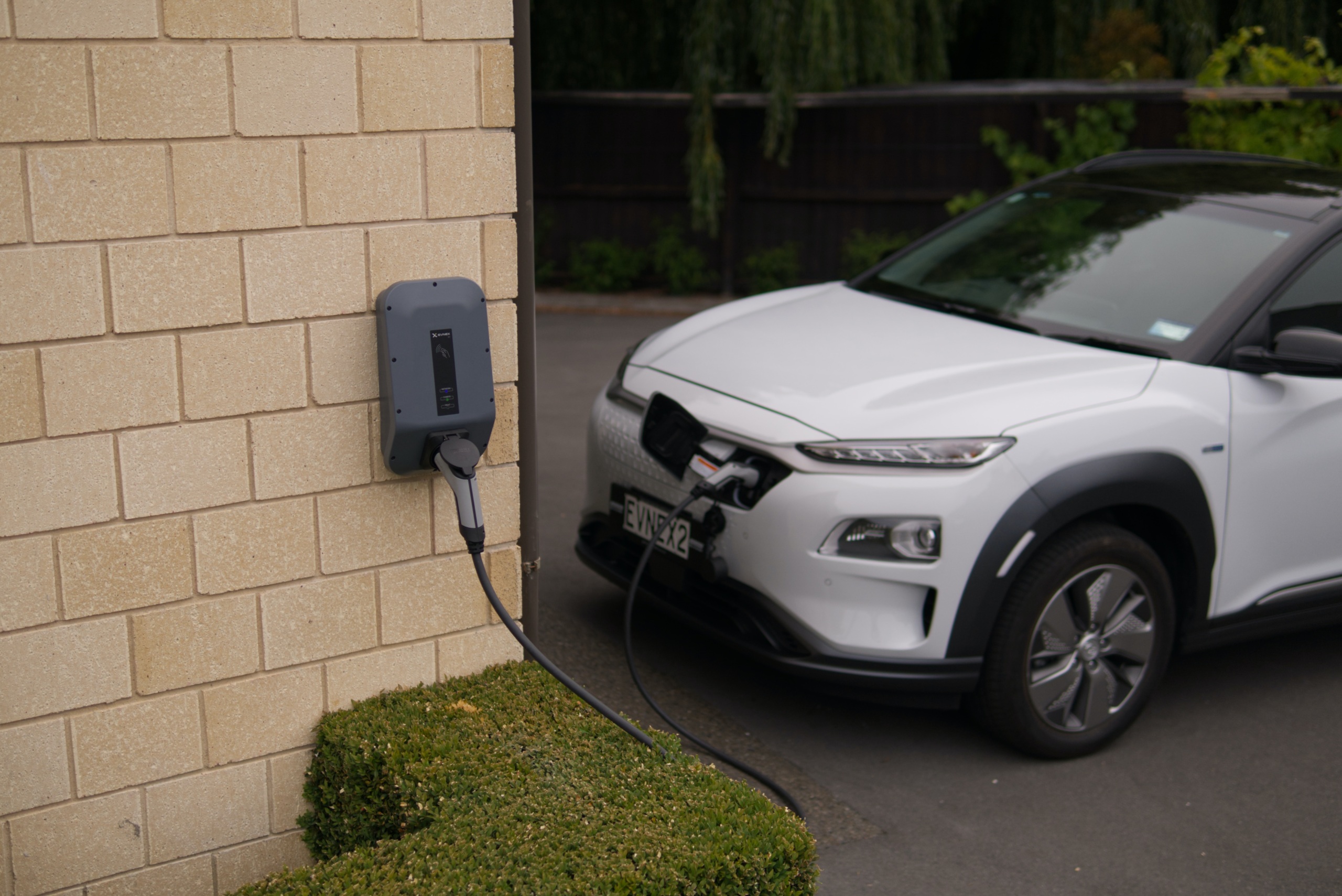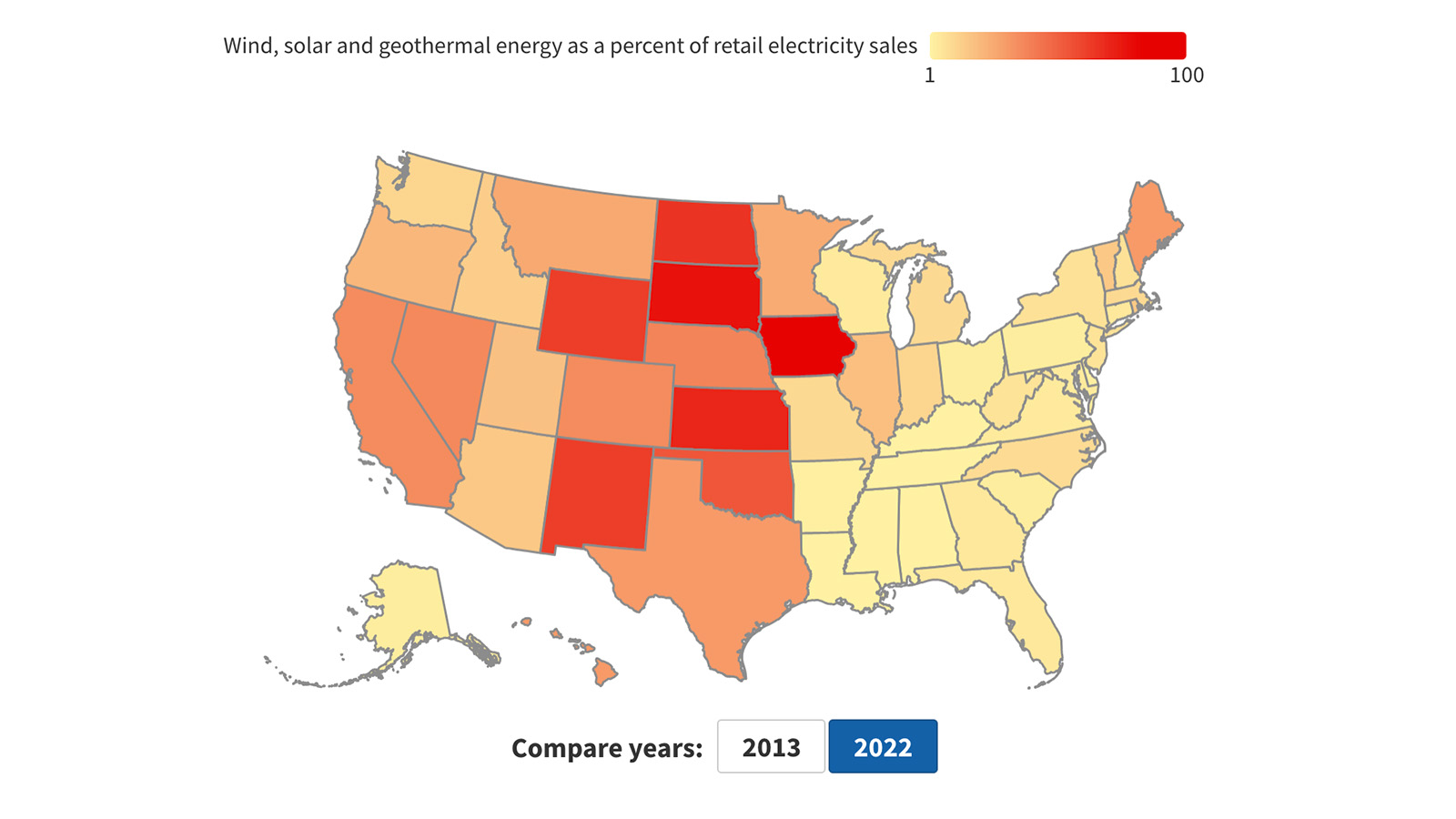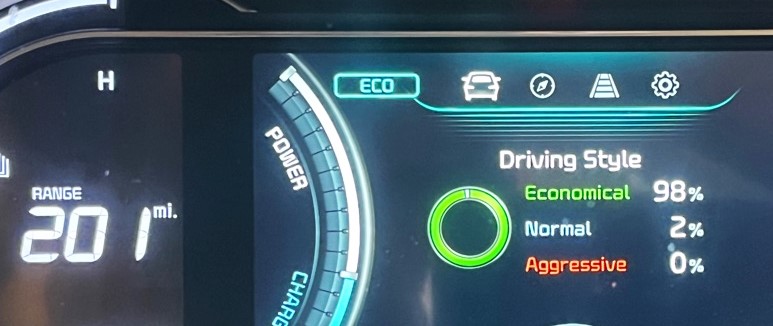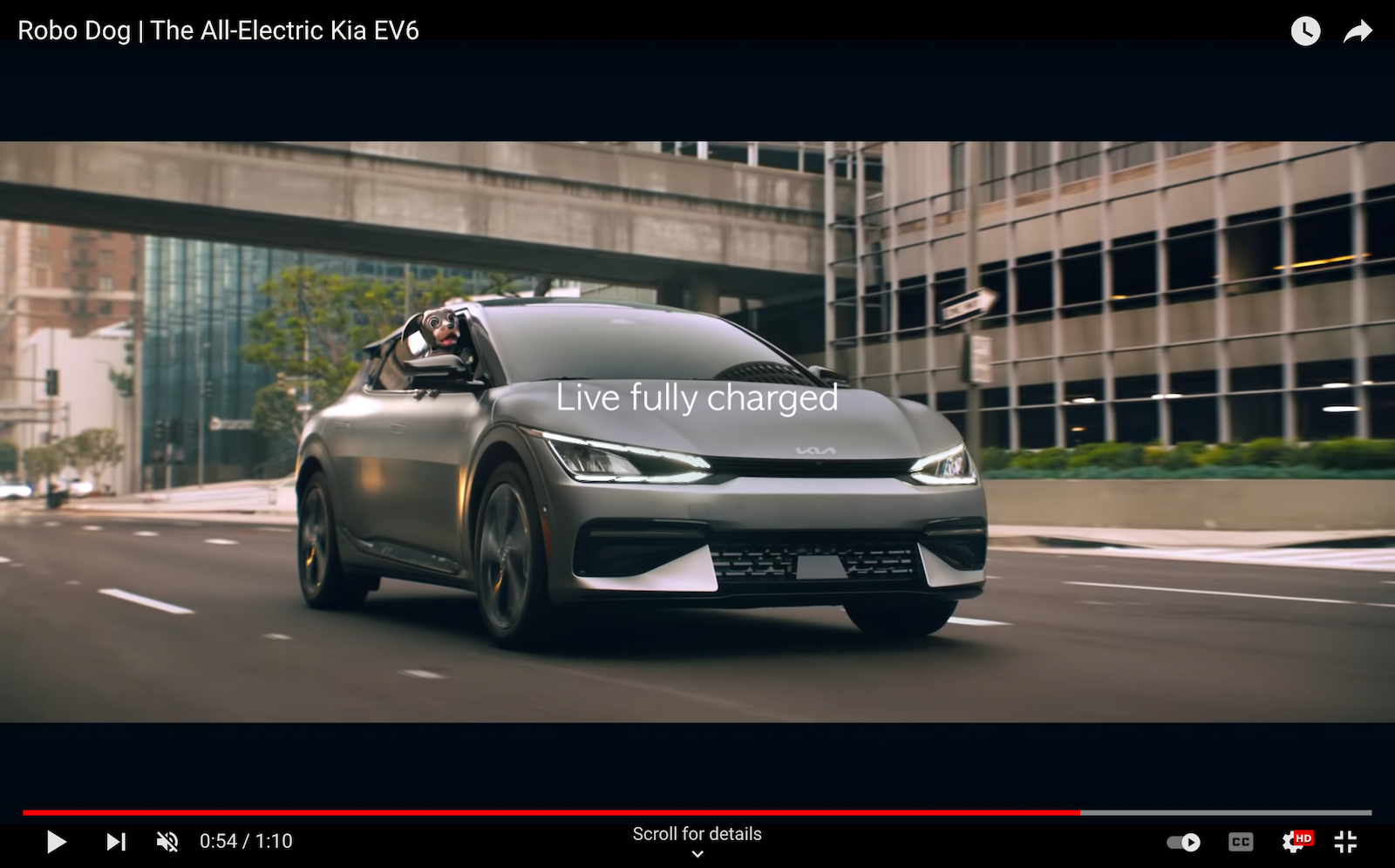We’re on the road to an electric future — and you can help drive us there.
It’s a hard truth: We simply can’t solve global warming without changing how we all get around. Transportation is now America’s No. 1 source of global warming pollution, and cars account for 60% of our transportation pollution.
The good news is that we have never been closer to an electric vehicle future than we are right now — a future where our kids ride electric buses to school, our mail and packages arrive in electric trucks, and every new car that is sold gets plugged in at night. Together, we can protect our climate by accelerating the transition to an electric vehicle future.



